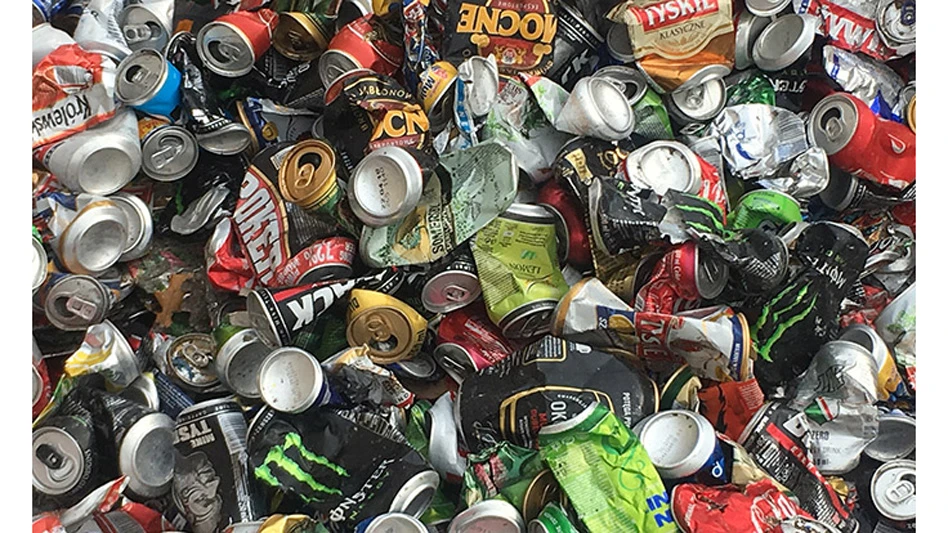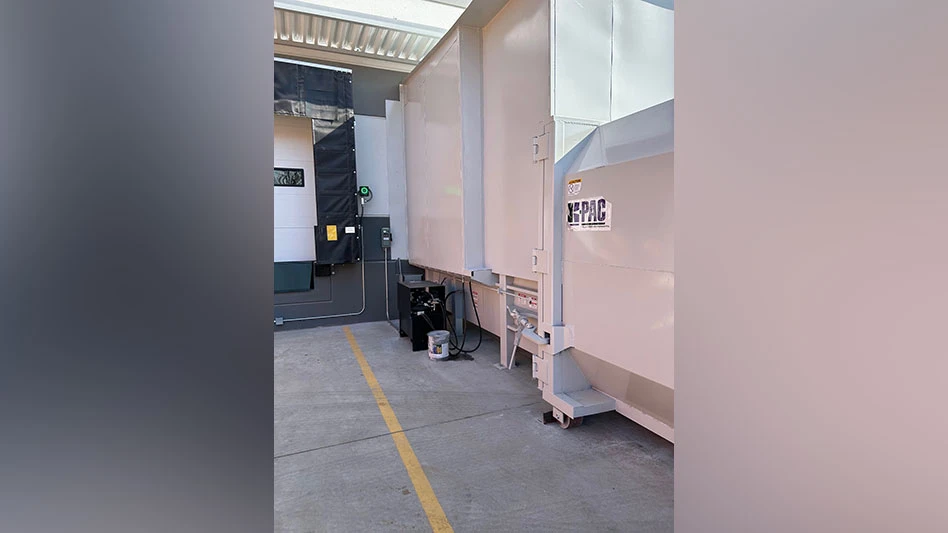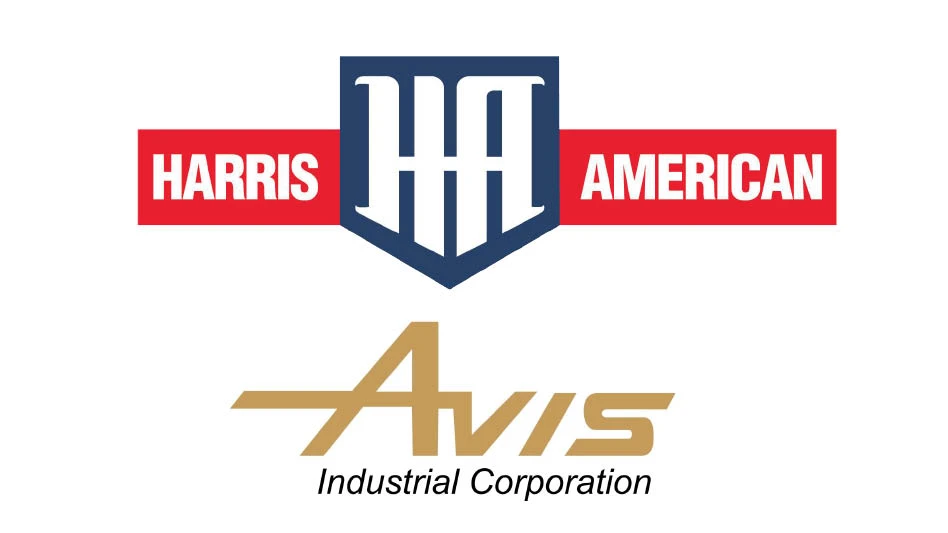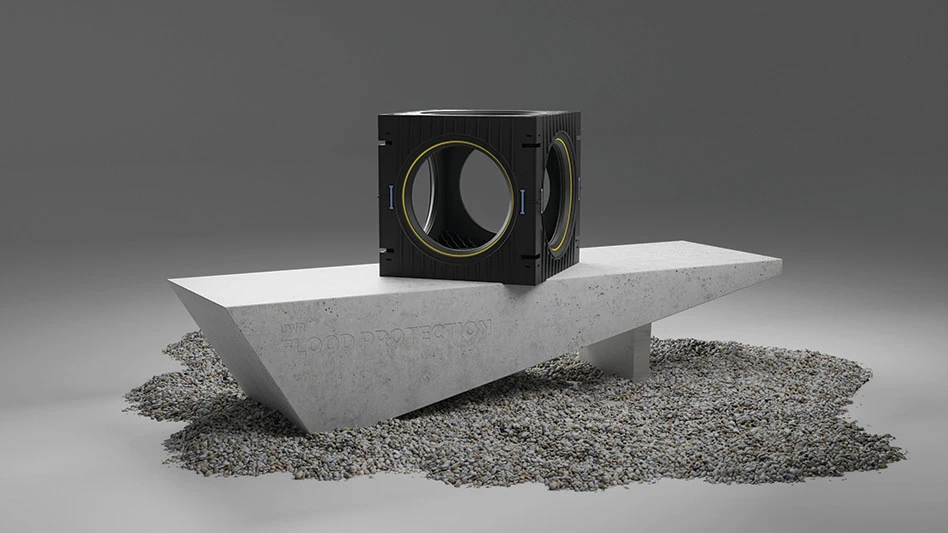
Recycling Today archives
The International Aluminum Institute (IAI), London, says findings from a study it has commissioned indicate that 60 million metric tons of CO2-equivalent (CO2e) per year can be saved “through effective global recycling of used beverage cans (UBCs) by 2030.”
The study conducted by Munich-based Roland Berger specifically looked at UBC recycling in six nations: Australia, Cambodia, South Korea, Thailand, the United Arab Emirates (UAE) and Vietnam.
Those countries were selected by the IAI, it says, because collectively “they provide representative insights into can usage, collection and processing across different countries and cultures.”
The Roland Berger assessment also was designed to provide insight into the regional trade flows of UBC scrap in the Persian Gulf and Asia-Pacific regions, which the IAI calls major trading hubs.
By extrapolating findings from the six countries across the global market, Roland Berger and IAI calculated the 60 million metric tons annually figure for CO2e emissions that could be saved worldwide by 2030 with effective global recycling policies and practices.
The IAI says that in each of the six countries, various aspects were analyzed, including: recycling, waste management and regulatory systems; collection infrastructure; current and recent recycling and landfill rates; future recycling targets; volumes of UBCs in the market; and existing UBC trading patterns and flows.
Roland Berger and the IAI then placed each of the six countries into what it calls three broad categories: 1) countries dependent on informal aluminum can collection mechanisms (this includes Cambodia, Thailand and Vietnam; 2) countries with systems deemed as developed systems (Australia and South Korea), which have extended producer responsibility (EPR) and/or deposit return systems (DRSs); and transitioning systems (the UAE), were the collection infrastructure is partially developed but does not include an established EPR or DRS infrastructure.
The study was co-funded by aluminum producers Novelis, Atlanta, and UAE-based Emirates Global Aluminium, plus United States-based packaging producer Crown Holdings and the Australian Aluminium Council .
The IAI and Roland Berger say the aluminum beverage can “continues to be the package of choice for the alcohol and soft drinks industries, with global consumption expected to increase by 50 percent between 2020 and 2030 (or, from 420 billion to 630 billion cans annually).
Charts and figures based on the data collected and developed by Roland Berger can be accessed through the Alucycle website.Latest from Recycling Today
- Enfinite forms Hazardous & Specialty Waste Management Council
- Combined DRS, EPR legislation introduced in Rhode Island
- Eureka Recycling starts up newly upgraded MRF
- Reconomy Close the Gap campaign highlights need for circularity
- Nickel carbonate added to Aqua Metals’ portfolio
- EuRIC, FEAD say End-Of-Life Vehicle Regulation presents opportunity for recyclers
- Recyclers likely to feel effects of US-China trade war
- BCMRC 2025 session preview: Navigating battery recycling legislation and regulations





